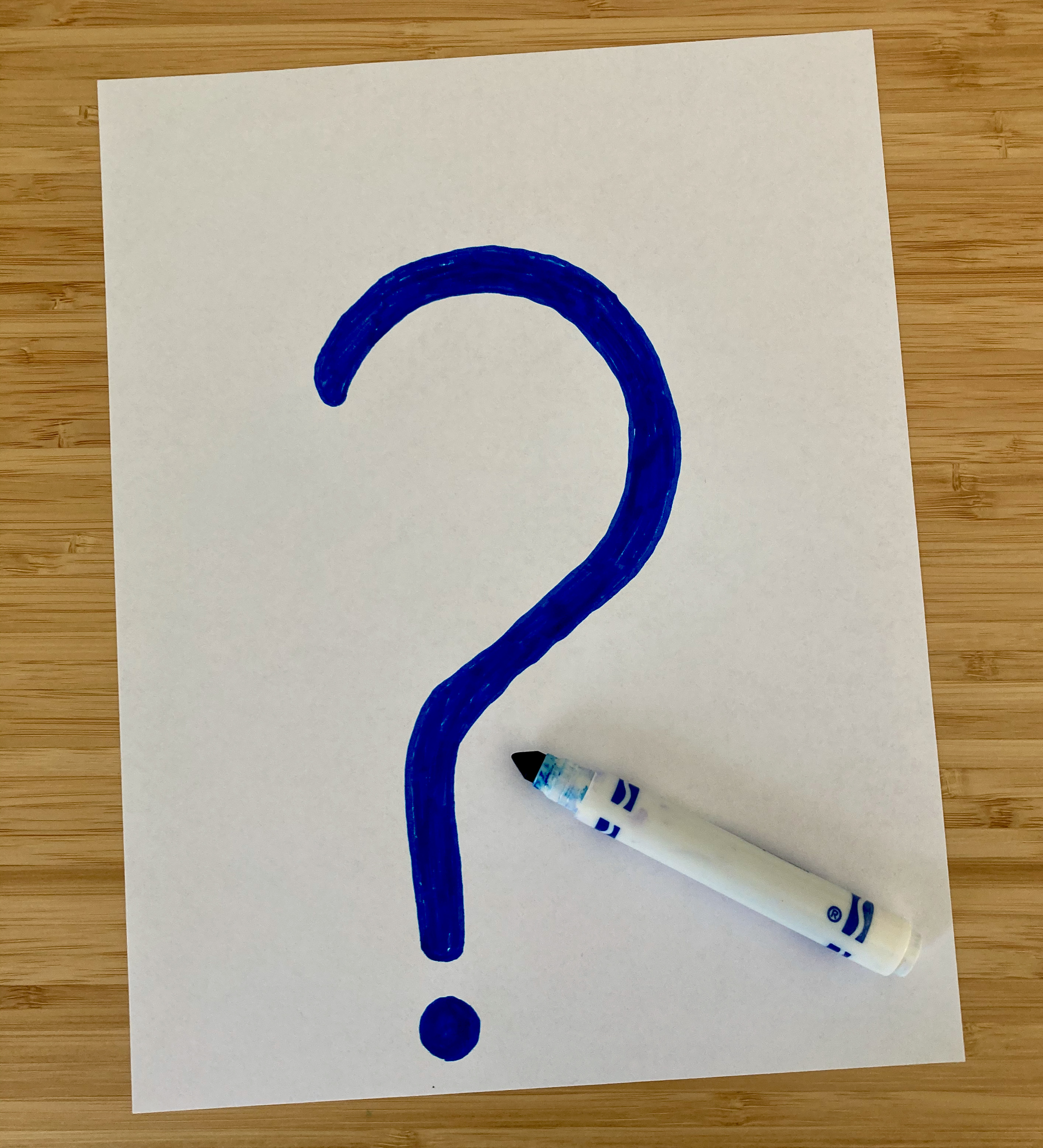Understanding Will - Part 5. I don't know how to start my writing
This is part of a series of blog posts about how Will has developed learning and organizational strategies that have helped him succeed both academically and socially. A short introduction to this series of posts can be found here
Will said:
" I don't know how to start my writing, or how to organize my ideas."
What is going on in Will's brain?
-
Writing is a complex and dynamic process that involves simultaneously juggling several interrelated cognitive skills; attention, language, motor skills, retrieval, higher-order thinking and metacognition. This places heavy demands on Will's working memory.
-
Inefficiencies in Will's ability to switch attention mean that he struggles to allocate attention, inhibit task irrelevant information and monitor the writing process effectively.
-
Will struggles to hold an idea in his mind whilst maintaining focus on "the train of thought" and paying, in the absence of automaticity, conscious attention to grammar, spelling, handwriting etc. This juggling of processes limits Will's memory capacity for planning, organizing and reviewing processes.
-
As Will struggles to hold ideas and switch attention between cognitive skills, he finds it difficult to start and organize work. Place keeping (tracking his progress) also proves challenging.
The Impact:
-
Will finds it difficult to multi-task and experiences difficulties planning writing and other work.
-
His sentences and texts lack structure and take a long time to write.
-
Will struggles to commit his thoughts to paper and demonstrate understanding.
Strategies that help Will learn:
-
Provide Will with models and examples of the text structure he is expected to produce. Discuss, analyze and summarize these clarifying the purpose and organization of the writing.
-
Provide Will with organizational writing frameworks (sometimes referred to as scaffolds). Writing frameworks are often used for supporting non-fiction writing and are skeleton frameworks of a particular text form e.g. an explanation text or report and often include paragraph prompts.
Writing frameworks support Will's planning and recording of ideas by reducing the working memory load.They allow him to focus on what he wants to say whilst supporting development of his understanding of different types of writing (generic forms).
-
Encourage Will to use Mind Maps and flow charts (graphic organizers) or sticky notes to visually record his ideas and/or allow him to make audio recordings of his ideas that he can play back as memory prompts. (Will finds sticky notes very useful because he can physically move his ideas around. This means that he doesn't need to re-write things and encourages him to be more adventurous.)
Remember that writing frames and graphic organisers are often specific to a particular forms of writing and not everyone finds them useful.
Everyone learns differently so experiment with different ways of recording ideas and planning writing. Find the ones that work for you.
-
Use collaborative and paired writing activities in which Will can work together with other learners to plan, draft and edit writing. Another learner acts as the scribe and records their ideas. This reduces the demands on Will's working memory and allows him to focus on planning, organizing and reviewing the writing.
